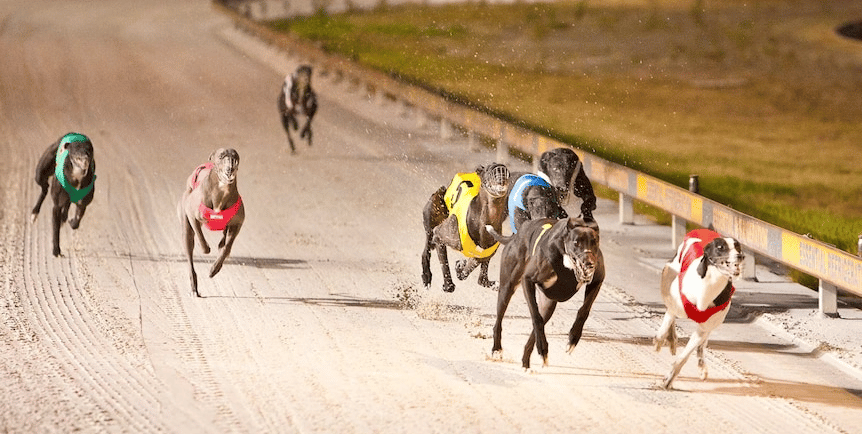Greyhound Racing Under Scrutiny: A Nation Weighs Sport Against Welfare
A parliamentary inquiry has reignited debate on the future of greyhound racing in Australia, as animal welfare concerns take center stage. This editorial explores the ethical dilemmas, community sentiment, and what the inquiry could mean for the sport’s future.
PEOPLE & COMMUNITY


Greyhound racing has long been promoted as a thrilling part of Australian sporting culture. For decades, it has attracted loyal participants, gamblers, and regional communities who see the sport as both entertainment and livelihood. Yet beneath the surface of tradition lies a growing ethical unease that can no longer be ignored. With the latest parliamentary inquiry and testimony from veterinary professionals, Australia is being asked to confront a difficult question: should the continuation of greyhound racing come at the expense of animal welfare.
The inquiry was sparked by mounting evidence and testimony from experts like veterinary nurses who have highlighted the impact racing has on the animals themselves. Injuries, overbreeding, and the treatment of dogs once they are no longer profitable for racing have been central points of concern. Supporters of reform argue that the physical strain and risk of harm to greyhounds are systemic, not isolated incidents. They believe phasing out the sport is the only credible path to align with community expectations on animal welfare.
Australia’s history with greyhound racing shows how the sport once thrived without serious scrutiny. But over the past decade, a series of investigations have drawn attention to troubling practices, from live baiting scandals to reports of neglect. Public confidence in the industry has eroded. The parliamentary inquiry now sits at the crossroads of public opinion, welfare advocacy, and economic reliance on the sport.
Real-world numbers give weight to the argument for change. Reports from welfare groups estimate that thousands of greyhounds are bred annually for racing, yet only a fraction reach the tracks, and even fewer enjoy a life beyond their racing years. Rescue organizations have stepped in to rehome dogs, but the burden often falls on community volunteers rather than the industry itself. This imbalance raises pressing questions about accountability and sustainability.
Supporters of greyhound racing point to its economic value, particularly in regional areas where the sport supports employment, local clubs, and betting revenue. They argue that reforms rather than bans can address welfare concerns, ensuring stricter oversight of breeding and racing practices. For them, greyhound racing remains part of the cultural fabric, and abolishing it risks erasing traditions that have defined communities for generations.
Yet community sentiment appears to be shifting. Younger generations are less attached to the sport and more attuned to ethical consumption and animal rights. As a result, calls to phase out greyhound racing are no longer niche but increasingly mainstream. Similar transitions have been seen globally, with countries moving away from animal-based entertainment as societal values evolve.
The role of the inquiry is not merely to expose problems but to set the stage for what comes next. Should greyhound racing be banned outright, or should it be reformed under a framework that prioritizes animal welfare above profit. Either outcome will demand courage from policymakers and honesty from the industry.
At TMFS, we believe this moment is more than a debate about a single sport. It reflects the choices societies face when tradition collides with evolving values. Leadership requires not only safeguarding livelihoods but also recognizing when ethical standards demand change. The greyhound inquiry is a reminder that progress often comes through hard questions and even harder answers.
The outcome will likely define how Australia is seen in its treatment of animals, both at home and abroad. If reform is genuine, it must be transparent and enforceable. If phasing out is chosen, it must be supported by strategies to transition affected communities and industries. What cannot remain is the status quo that leaves welfare concerns unresolved and trust in the sport eroded.
In closing, the future of greyhound racing is about more than policy. It is a test of collective values and a measure of how society balances culture, economy, and compassion. Australia has the chance to lead by example, showing that when welfare is at stake, the courage to act is stronger than the comfort of tradition.
All rights belong to their respective owners. This article contains references and insights based on publicly available information and sources. We do not claim ownership over any third-party content mentioned.


